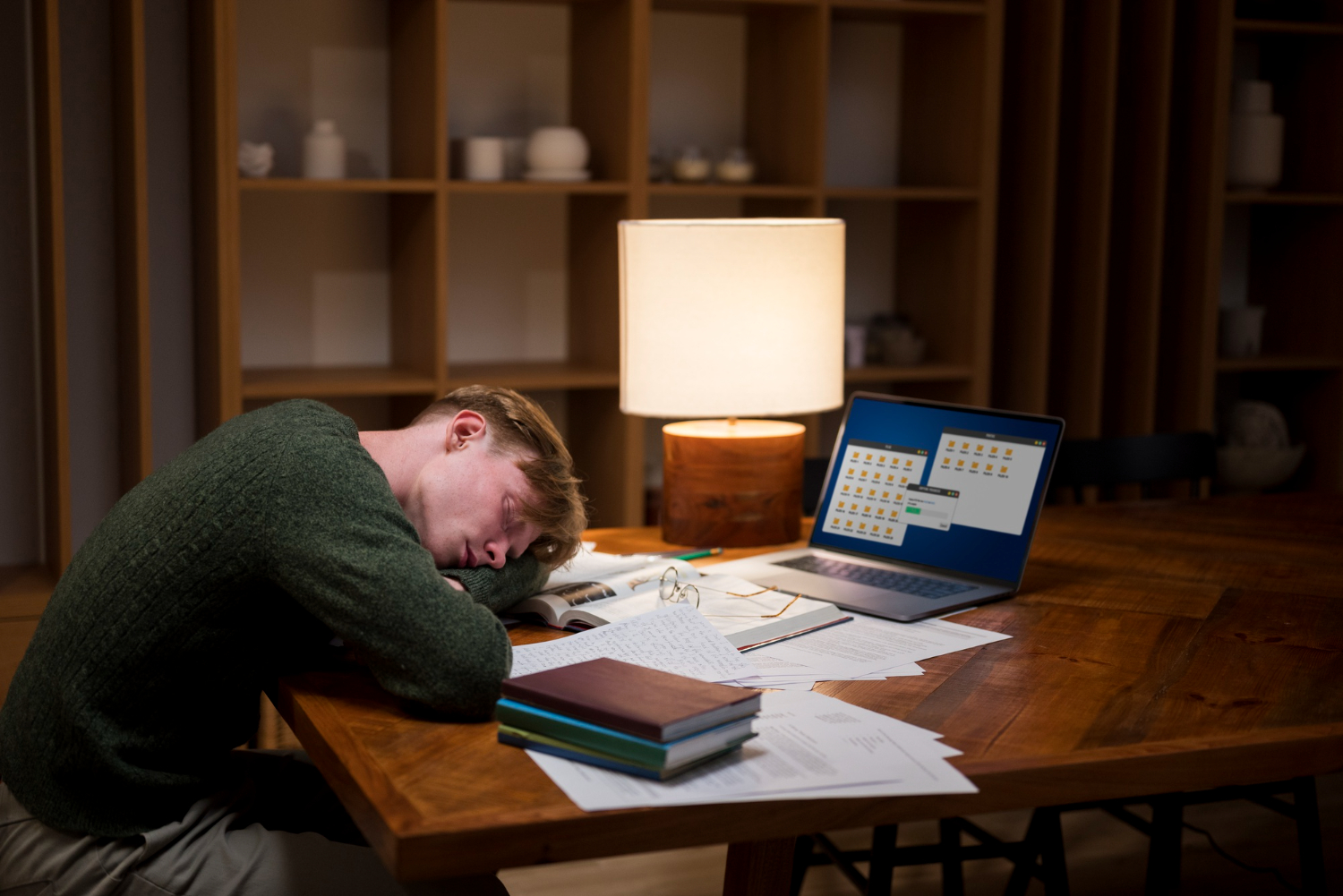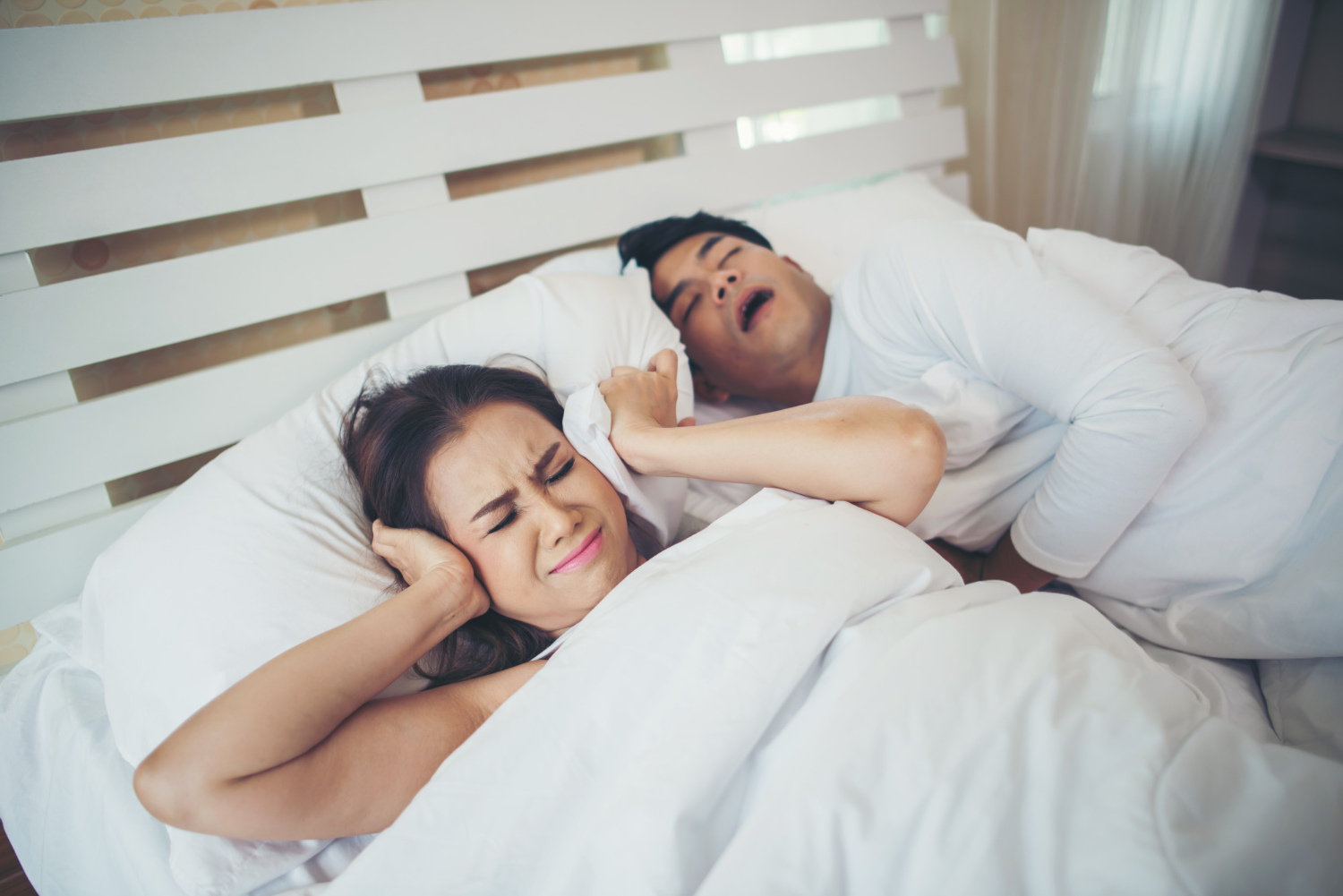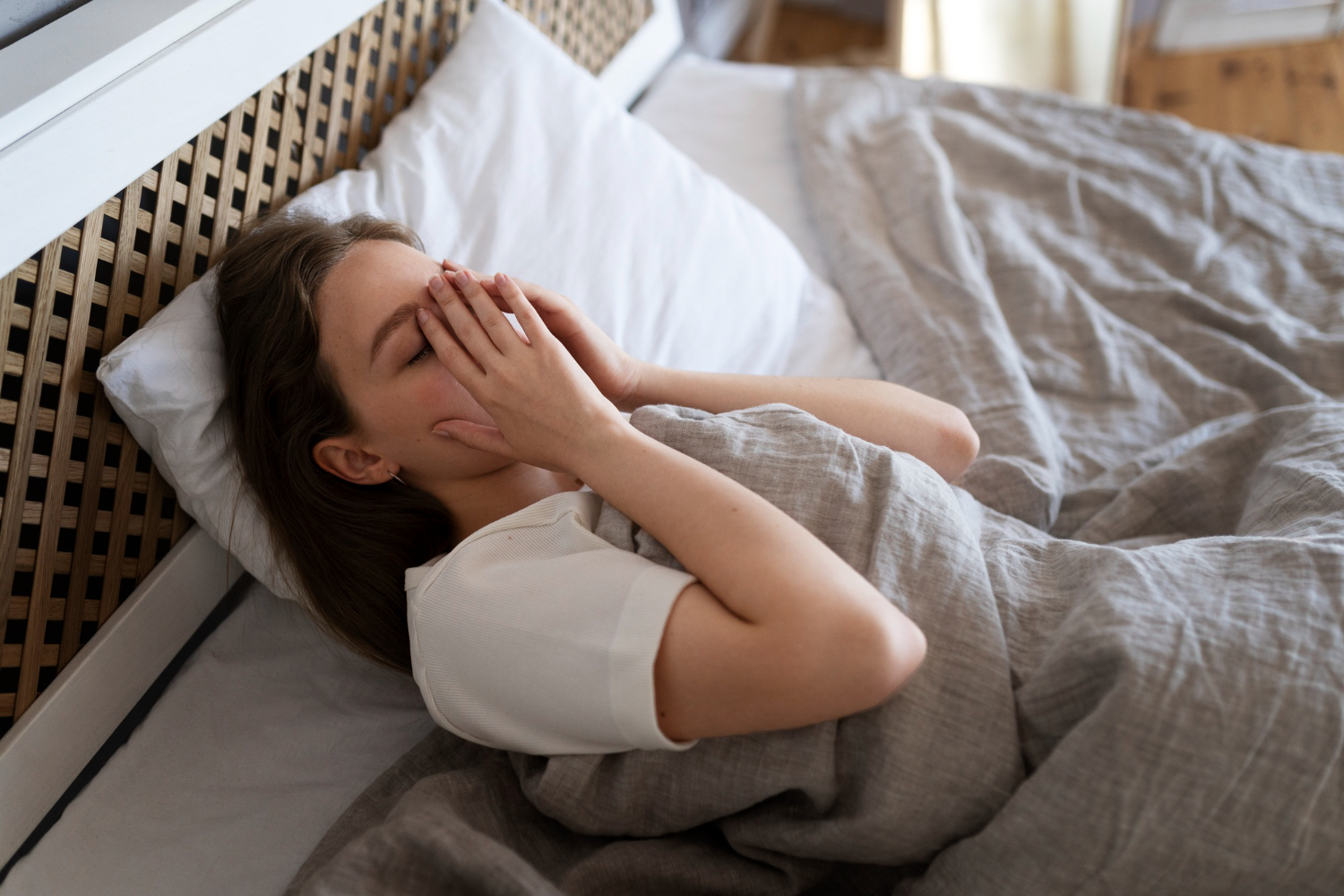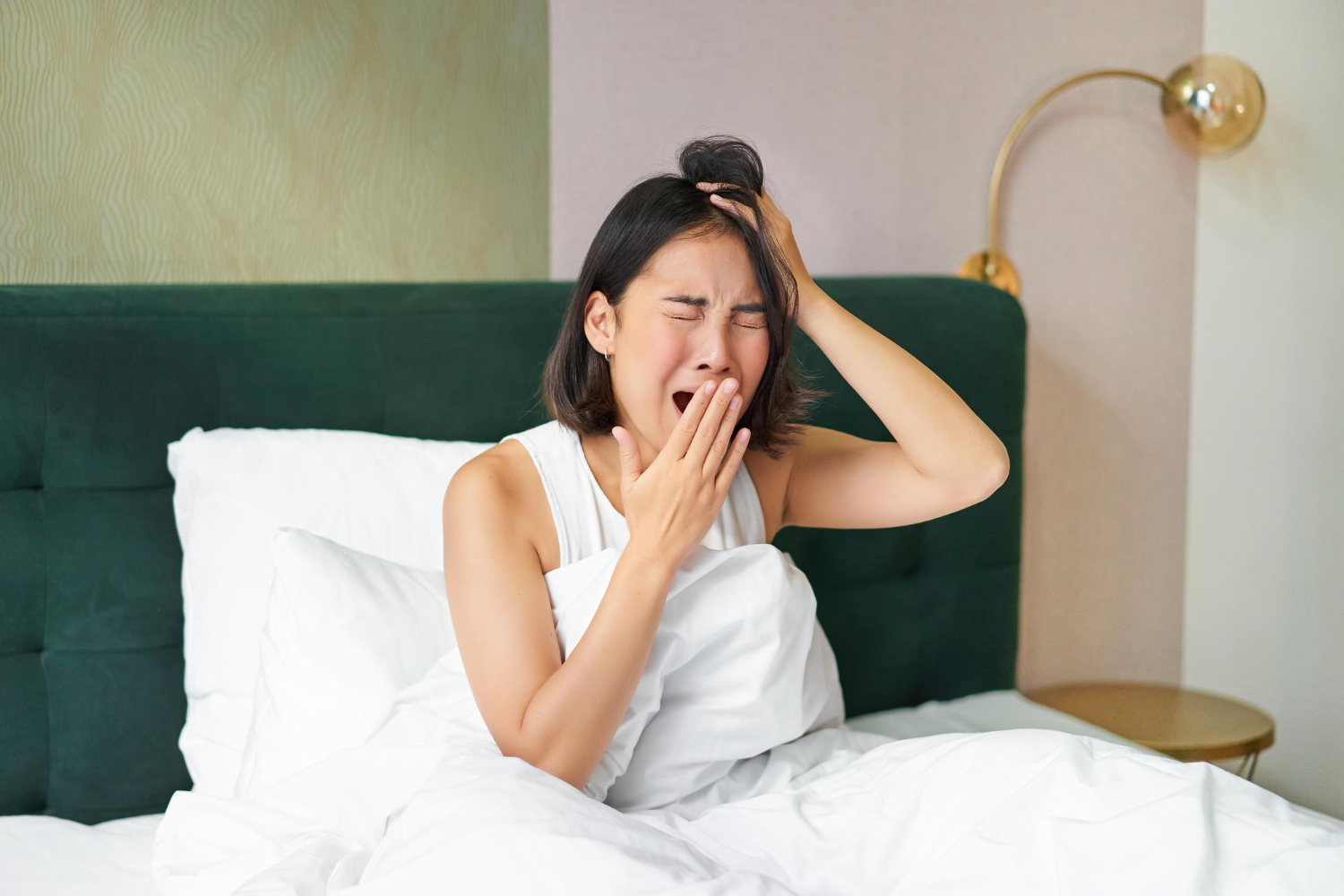Shift Work Sleep Disorder

There are many different kinds of sleep disorders, and sleep disorders involving the body’s circadian rhythms are among the most common. While some of the problems involving the body’s natural clock are caused by physical problems, many times situational things cause sleep problems. One good example of a situation where this is the case is shift work sleep disorder. With shift work sleep disorder, working strange hours – like overnight – or constantly changing your work schedule can throw your circadian rhythm for a loop. When that happens, insomnia and other sleeping issues can arise. If you think you may have shift work sleep disorder, you should examine what kinds of symptoms you are suffering from to rule out any other problems first.
Who gets Shift Work Sleep Disorder?
Shift work sleep disorder is very common with factory workers and hospital employees. That’s because many factories have multiple, round the clock shifts. If you work at a factory, at one point or another you may have had to work the night shift. Working the night shift can upset the balance of your circadian rhythm and make you suffer from the symptoms of shift work sleep disorder. Doctors and nurses often work double shifts, or may get up at night to head in for work. Similarly, these situations can trigger shift work sleep disorder and can make getting and staying asleep incredibly difficult.
What is shift work sleep disorder?
As described above, shift work sleep disorder is a condition in which unusual work shifts upset the balance of your circadian rhythm. When that happens, sleep cycles become disrupted and you may begin suffering from insomnia. Shift work sleep disorder is very common in today’s society, as more and more people work the night shift or work varying shifts during the week. If you work days one day, and nights the next, it is very possible that you can become afflicted by shift work sleep disorder. Knowing what the symptoms are and being prepared to deal with it can make it much easier. Otherwise, shift work sleep disorder can seriously disrupt your life.
A huge part of the circadian rhythm relies on the dark – light cycle. When it is daytime, your body naturally wants to be awake; when it is dark out, your body naturally wants to sleep. With shift work sleep disorder, all of that gets thrown for a loop since you force yourself to be awake and functioning all night, and sleep during the daylight hours. Even just working different shifts frequently can trigger shift work sleep disorder to occur. Shift work sleep disorder is not a pleasant thing to have to deal with, and it can have serious repercussions in your life.
Shift work sleep disorder symptoms
One of the main symptoms of shift work sleep disorder is simply being unable to get to sleep when it is necessary. Often, that’s because you are trying to fall asleep first thing in the morning, due to working a night shift. Despite being exhausted, your body simply doesn’t want to sleep during the day. Over time, the symptoms of shift work sleep disorder can become worse and worse. Sufferers report feeling exhausted and fatigued all the time, no matter how much sleep they get. Even if they sleep a full eight hours at a time, people suffering from shift work sleep disorder still have difficulties falling asleep and never really feel fully rested. Work performance and personal lives can become severely compromised due to the symptoms of shift work sleep disorder.
Dealing with shift work sleep disorder
There are ways to deal with shift work sleep disorder. If symptoms get too bad, though, you might need to consider a different job. In the meantime, you should try to maintain a consistent sleeping schedule as much as possible. Make your room amenable for sleeping with blackout window shades, and avoid caffeine, nicotine and alcohol.
If these methods don’t work, you might want to consider a natural sleep aid to help with your shift work sleep disorder. Pilots and aircrews who fly through different time zones often use melatonin to reset their circadian rhythms – give it a try.
To see what sleep aids contain melatonin, read our reviews.



